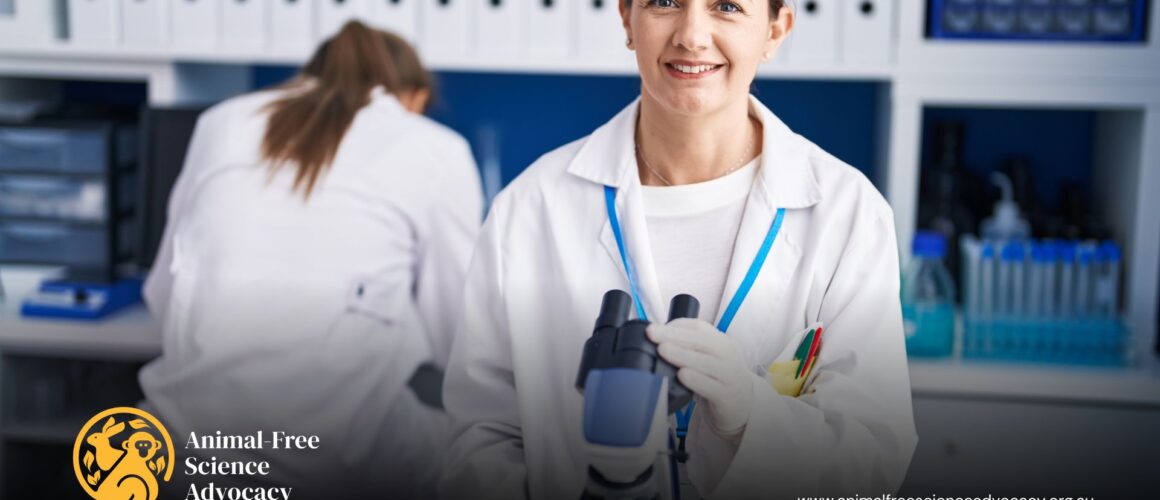Article: Whole-genome sequencing reveals clinically relevant insights into the aetiology of familial breast cancers
Annals of Oncology 30: 1071–1079, 2019
doi:10.1093/annonc/mdz132
Published online 15 May 2019
https://www.ncbi.nlm.nih.gov/pmc/articles/PMC6637375/
Authors: K Nones,1 J Johnson,2 F Newell,1 A M Patch,1 H Thorne,3,4 S H Kazakoff,1 X M de Luca,2 M T Parsons,5 K Ferguson,2 L E Reid,2 A E McCart Reed,2 S Srihari,2,6 V Lakis,1 A L Davidson,1,7 P Mukhopadhyay,1 O Holmes,8 Q Xu,8 S Wood,8 C Leonard,8 The Kathleen Cuningham Foundation Consortium for Research into Familial Aspects of Breast Cancer (kConFab),3,4 The Australian Breast Cancer Tissue Bank (ABCTB),9 The Brisbane Breast Bank (BBB),2 J Beesley,10 J M Harris,11 D Barnes,12 A Degasperi,13,14 M A Ragan,6 A B Spurdle,5 K K Khanna,15 S R Lakhani,2,16 J V Pearson,8 S Nik-Zainal,13,14 G Chenevix-Trench,10 N Waddell,1 and P T Simpson2
Affiliations
- Medical Genomics Group, QIMR Berghofer Medical Research Institute, Brisbane, QLD
- Faculty of Medicine, Centre for Clinical Research, The University of Queensland, Brisbane, QLD
- kConFab Investigators, The Peter MacCallum Cancer Centre, Melbourne, VIC
- Sir Peter MacCallum Department of Oncology, The University of Melbourne, Melbourne, VIC
- Molecular Cancer Epidemiology Group, QIMR Berghofer Medical Research Institute, Brisbane, QLD
- Institute for Molecular Bioscience, The University of Queensland, Brisbane, QLD
- Faculty of Medicine, The University of Queensland, Brisbane, QLD
- Genome Informatics Group, QIMR Berghofer Medical Research Institute, Brisbane, QLD
- ABCTB Investigators, University of Sydney at the Westmead Institute for Medical Research, Sydney, NSW
- Cancer Genetics Group, QIMR Berghofer Medical Research Institute, Brisbane, QLD
- Faculty of Health, School Biomedical Science – Queensland University of Technology, Brisbane, QLD, Australia
- Department of Public Health and Primary Care, Centre for Cancer Genetic Epidemiology, University of Cambridge, Cambridge
- MRC Cancer Unit, Hutchison/MRC Research Centre, University of Cambridge, Cambridge
- Department of Medical Genetics, The Clinical School, University of Cambridge, Cambridge, UK
- Signal Transduction Group, QIMR Berghofer Medical Research Institute, Brisbane, QLD
- Royal Brisbane & Women’s Hospital, Pathology Queensland, Brisbane, QLD, Australia
Funders:
The work was funded by NHMRC Australia project grants (APP1080985 and APP1028742) and supported by NHMRC Program grants (APP1017028 and APP1113867). ALD is supported by an Australian Government Research Training Program (RTP) Scholarship. KN is supported by Keith Boden fellowship. NW and ABS are supported by NHMRC senior research fellowships (APP1139071 and APP1061779).
Aim:
Family history is associated with 15-20% of breast cancers and less than 50% of these are associated to known pathogenic variants leaving more than 50% unknown. Identifying pathogenic germline variants has been a beneficial aspect for therapy such as carriers of germline pathogenic BRCA1/2 variants benefit from platinum-based chemotherapy or poly(ADP-ribose) polymerase inhibitors (PARPi).
This study investigates the use of Whole-genome sequencing (WGS) which can be used to identify somatic and germline mutations to better understand underlying genetic contribution to familial breast cancer and explore treatment opportunities.
Terminology:
- Whole-genome sequencing (WGS)- method for analysing entire genomes (genetic material of an organism)
- BRCA1 and BRCA 2 : are human tumor suppressor gene responsible for repairing DNA.
- Germline variant (germline mutation) – Gene change in a reproductive cell (egg or sperm) that becomes incorporated into the DNA of every cell in the body of the offspring.
- Somatic mutations- can occur in any of the cells of the body except the germ cells (sperm and egg)
- biallelic inactivation – results from mutation of one allele and then by gene deletion of the remaining allele
- Homologous Recombination (HR) nucleotide sequences are exchanged between two similar or identical molecules of DNA or RNA.
- Poly ADP ribose polymerase inhibitors (PARPi) – inhibitors of the enzyme poly ADP ribose polymerase; which are involved in cellular processes such as DNA repair, chromatin structure, transcription, replication, recombination and cell death.
Method:
The analysis of WGS was performed on 78 tumours of high-risk familial BC patients, 26 carrying pathogenic variants, 22 BRCA2 and 30 non-carriers of BRCA1/2.
WGS data identified the following.
- Characterise somatic mutations
- single nucleotide variants (SNVs),
- insertions-deletions,
- structural variants,
- copy number
- Mutational signatures
- Measures of HR-deficiency
The findings were compared to existing understanding of mutation contributions.
Results:
The findings highlight new clusters and genetic causes.
The following are the main results from the analysis
- Supports prior evidence of accumulation of somatic mutational signatures from biallelic inactivation of germline risk genes.
- Tumour genomes have shown overly complex clustered chromosomal rearrangements.
- Identified unreported dual pathogenic variants carriers (BRCA1/BRCA2 and BRCA1/MUTYH) using WGS signatures.
- Although biallelic inactivation of BRCA1/BRCA2 contributed to tumorigenesis there is indications that in the BRCA1/BRCA2 cases it is derived by the biallelic inactivation of BRCA1 in particular.
Conclusion:
A single test of WGS can screen entire genes for variants and uncover somatic mutational signatures. WGS is a highly effective assessment in addition to existing germline screening, this helps better identify genetic causes and improve treatment processes for patients and their families. The Data obtained has been deposited in the European Genome-phenome Archive (EGA) repository.
Relevance:
The WGS derived analysis has empathised the genomic instability that contributes to familial BC. The analysis has the potential to enhance targeted therapies for patients.
HRA Comment:
BC still remains the most commonly occurring cancer in women, with over two million new cases and more than half a million of diagnosed women succumbing every year. 5% of molecules that show anticancer activity in preclinical studies are approved upon demonstration of sufficient efficacy in phase III clinical trials[i]. This research highlights the positive contribution of human genome study as fundamental research.
